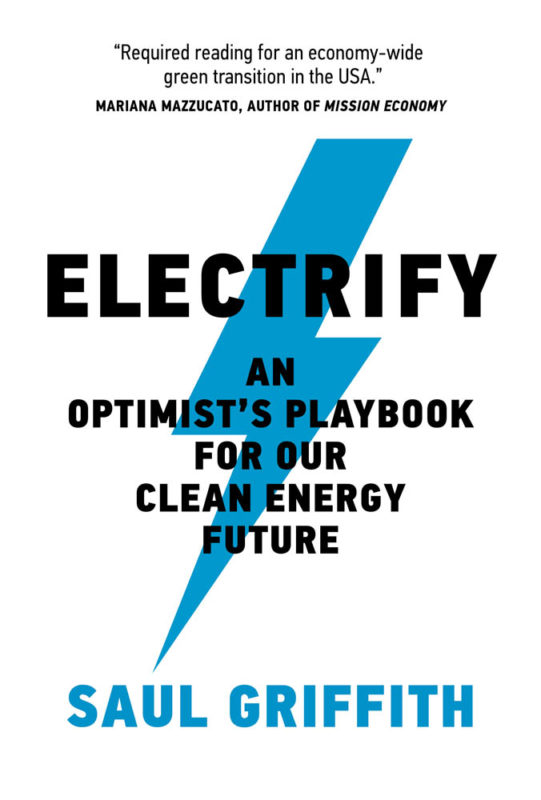Australia’s application of and contribution to the solar industry is notable, from leading rooftop solar uptake to its scientists and engineers who are at the forefront of PV innovation right across the value chain. But the political discussion regarding action on climate change has remained largely dismal, with the scrapping of the carbon price, “war on the weekend” electioneering on EVs, and most recently the proposed capacity payments for legacy fossil fuel generators all notable low points.
“I think it will all change in the next 12 months – it will change very quickly,” says Griffith, speaking to pv magazine Australia from his recently built, all electric home in San Francisco. He returned to the city this month after having spent much of the Covid-19 pandemic in New South Wales. Griffith believes that while COP26, to be held in Glasgow in November, may be too soon for a radical policy shift within the Morrison government, things are looking positive for wholesale change.
“The mood on the ground in Australia is very pro-action [on climate change],” says Griffith. “Given that Rupert Murdoch and the Fox media juggernaut is now doing an about face on climate, I think it can all change very quickly.”
Alongside positive public sentiment towards significant action on climate change and its embrace of rooftop solar, Griffith argues that the economics for the electrification of Australia, and the decarbonisation of the suburbs, is improving rapidly and will be a key factor in ending the climate culture war.
Griffith completed a study this week, which found that completely electrifying the average Australian home and powering it with rooftop solar would result in annual energy costs for each household of $10,000 a year. This includes the fully financed costs of an EV, household battery, induction cooktop, rooftop solar and heat pumps for water and space heating. The modelling behind the report found that, given the rapidly falling costs of, primarily, batteries, these costs will fall to $6000/year in 2023 – which is parity with current average household energy costs, including petrol.
“We are projecting out to 2030, where the average Australian household, including transportation, energy and everything, will be saving $6000/year, relative to what they are spending today,” says Griffith.

Griffith has established Rewiring Australia, localising the model he used for Rewiring America, which provides information to householders and policy makers as to the advantages of electrification, the savings it will deliver, and its ability to generate jobs and future export industries for Australia.
“The reality is that we need the politicians who are planning for that future and making it possible,” he continues. “Today that it is still a little bit too expensive, they [opponents] can win the culture war and say, ‘this is only something for privileged yuppies who can afford a Tesla.’ Unfortunately, that cynicism is still rife.”
But with the changing economic reality and better communication as to the opportunities, Griffith believes Australia can demonstrate the same ambition on the global stage that it does in sport to action on climate change.
“We love winning international competitions, we over-invest in getting gold at the Olympics,” says Griffith. “Australia could go to Glasgow and say, ‘we’re going to show the world how to do it, go first, go hardest and we’re going to save money soonest and teach the world how to do it.’”
“Electrify: An Optimist’s Playbook for Our Clean Energy Future,” will be published by MIT Press in October.
This content is protected by copyright and may not be reused. If you want to cooperate with us and would like to reuse some of our content, please contact: editors@pv-magazine.com.









2 comments
By submitting this form you agree to pv magazine using your data for the purposes of publishing your comment.
Your personal data will only be disclosed or otherwise transmitted to third parties for the purposes of spam filtering or if this is necessary for technical maintenance of the website. Any other transfer to third parties will not take place unless this is justified on the basis of applicable data protection regulations or if pv magazine is legally obliged to do so.
You may revoke this consent at any time with effect for the future, in which case your personal data will be deleted immediately. Otherwise, your data will be deleted if pv magazine has processed your request or the purpose of data storage is fulfilled.
Further information on data privacy can be found in our Data Protection Policy.